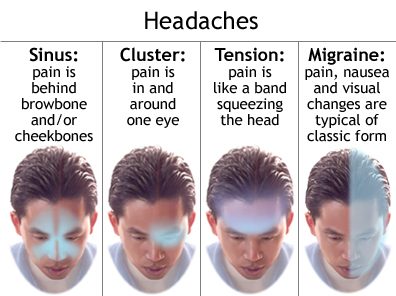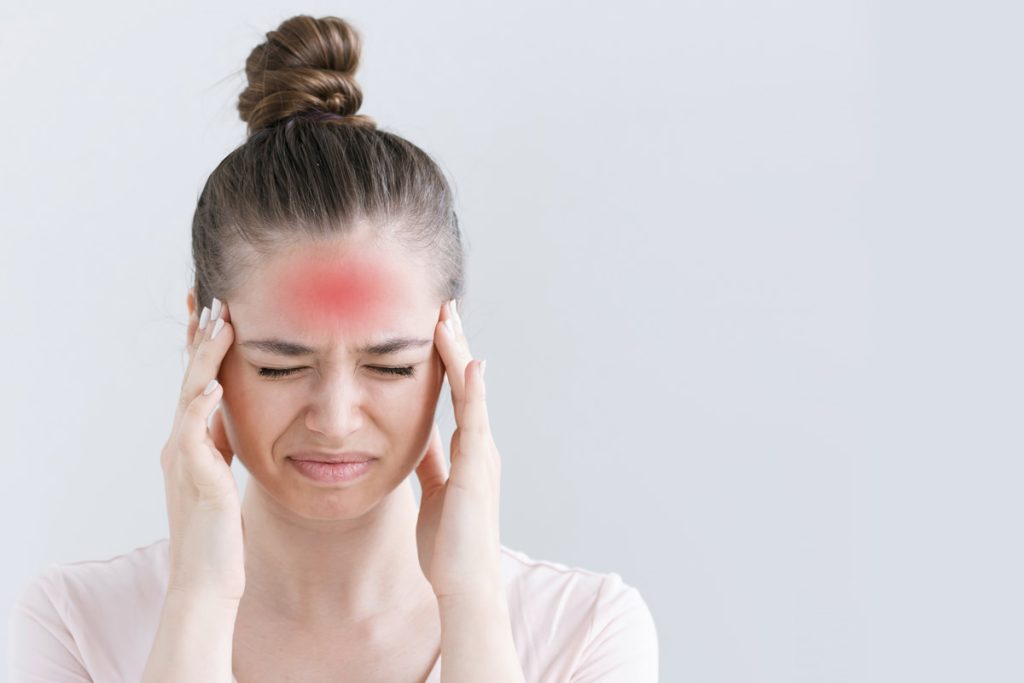Eyes and head are the two main organs of human body which sync up the whole human behaviour and body work. Some pain in Eye and head or even itching can affect your daily life routine. It not only affect your work efficiency but your mental and physical health too.
Eye and headache pain can have multiple underlying causes. It is crucial to consider these causes while addressing the treatment for eye pain and headache. The primary causes of eye pain include stress, migraines, depression, conjunctivitis, and head injuries. These causes can be mitigated by adopting certain measures such as ensuring adequate sleep, receiving massages, and taking prescribed medications.
One of the significant causes of eye pain can be weak eyesight. Additionally, eye conditions like cataracts and glaucoma can also contribute to headache pain. It is essential to be aware of these causes and seek appropriate remedies. Timely consultation with an experienced ophthalmologist for an initial eye examination is highly recommended, as eye and headache pain together can indicate the onset of severe conditions. Neglecting such symptoms may exacerbate various illnesses.

Cluster Headaches:
Cluster headaches manifest as intense intermittent pain, occurring multiple times a day with intervals of a few hours. These headaches are distinct and often accompanied by sharp pain behind the eyes.
Sinusitis:
Sinusitis is an infection that leads to inflammation and swelling of the sinus lining. It causes nasal congestion, which can trigger eye and headache pain.
Near and Far-Sightedness:
Visual impairments, such as near and far-sightedness, can contribute to eye and headache pain. Straining the eyes while focusing on objects or reading can exert excessive pressure on the eyes, resulting in pain in both the eyes and head.
Glaucoma:
Glaucoma, also known as “black cataract,” is a severe eye condition that can cause eye and headache pain.
Optic Neuritis:
Optic neuritis occurs when the optic nerve suffers damage due to various reasons. The optic nerve consists of approximately one million nerve fibers responsible for transmitting visual information from the eyes to the brain. Any issues with this nerve can result in eye and headache pain.
Migraines:
Migraines are often associated with pain behind the eyes. This condition is more severe than regular headaches and can last for several hours or even days.
Stress, Depression, and Anxiety:
Mental health problems can directly impact the brain, leading to eye and headache pain. Prolonged periods of stress, depression, and anxiety can exacerbate these symptoms.
Head Injuries:
Head injuries can also cause eye and headache pain, as they affect various parts of the face and head.
Excessive Use of Contact Lenses:
Prolonged and excessive use of contact lenses can contribute to eye and headache pain. It can also increase the risk of eye infections.
Remedies for Eye pain and Headache:
To address eye pain and headache, it is crucial to first determine the underlying cause. Several remedies can help alleviate these symptoms. These include practicing yoga and meditation, taking prescribed medications, scheduling regular eye check-ups, and wearing corrective glasses.
Prioritizing Sufficient Sleep:
The human body requires 7-8 hours of sleep for optimal functioning. Insufficient sleep can exacerbate eye and headache pain. It is essential to maintain a consistent sleep schedule and create a conducive sleeping environment.
Maintaining a Healthy Lifestyle:
Adopting a healthy lifestyle, which includes regular exercise, a balanced diet, and stress management techniques, can significantly reduce eye and headache pain.
Proper Eye Care:
Taking care of your eyes is crucial to prevent and alleviate eye and headache pain. This includes protecting your eyes from harsh sunlight, avoiding excessive screen time, using lubricating eye drops, and maintaining good hygiene practices.
In conclusion, eye and headache pain can have various causes, ranging from visual impairments to underlying medical conditions. Identifying the root cause is essential for effective treatment. By adopting appropriate remedies and consulting a good ophthalmologist and seeking professional guidance, individuals can manage and alleviate eye and headache pain, thereby improving their overall well-being.


Leave a Reply